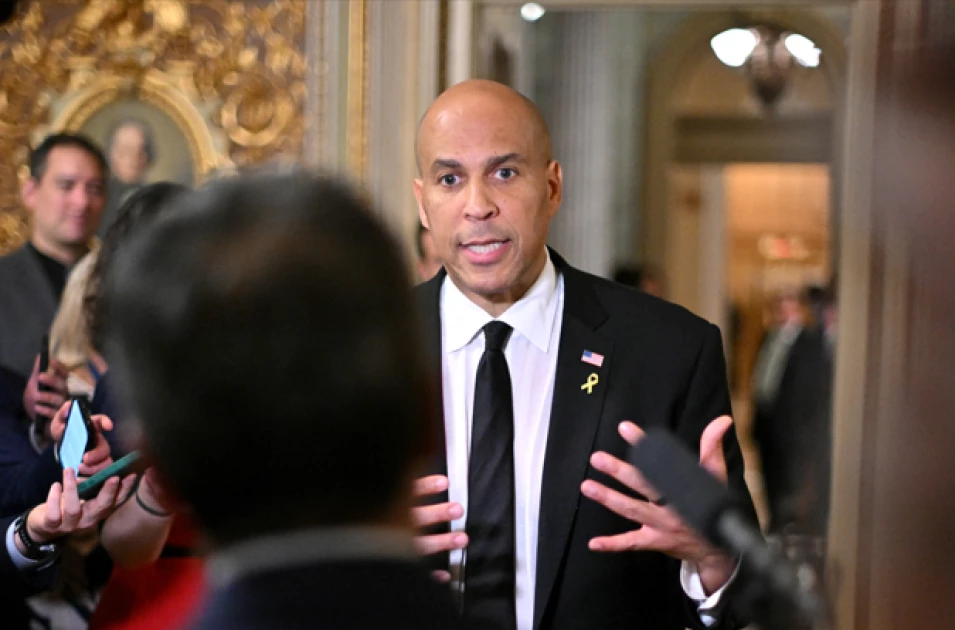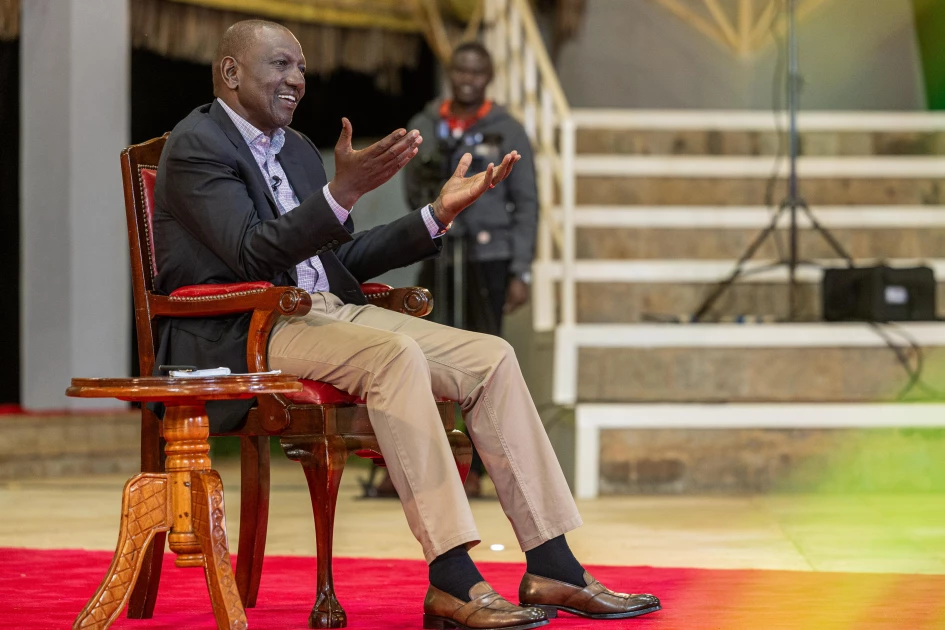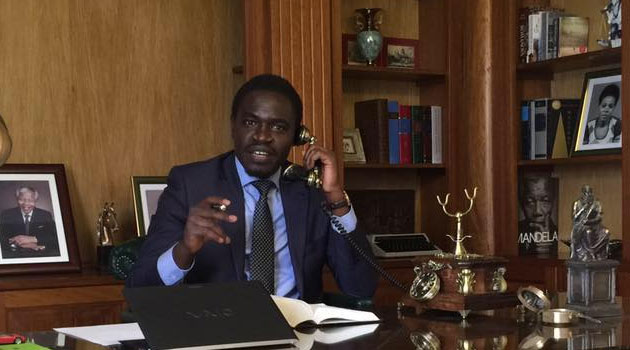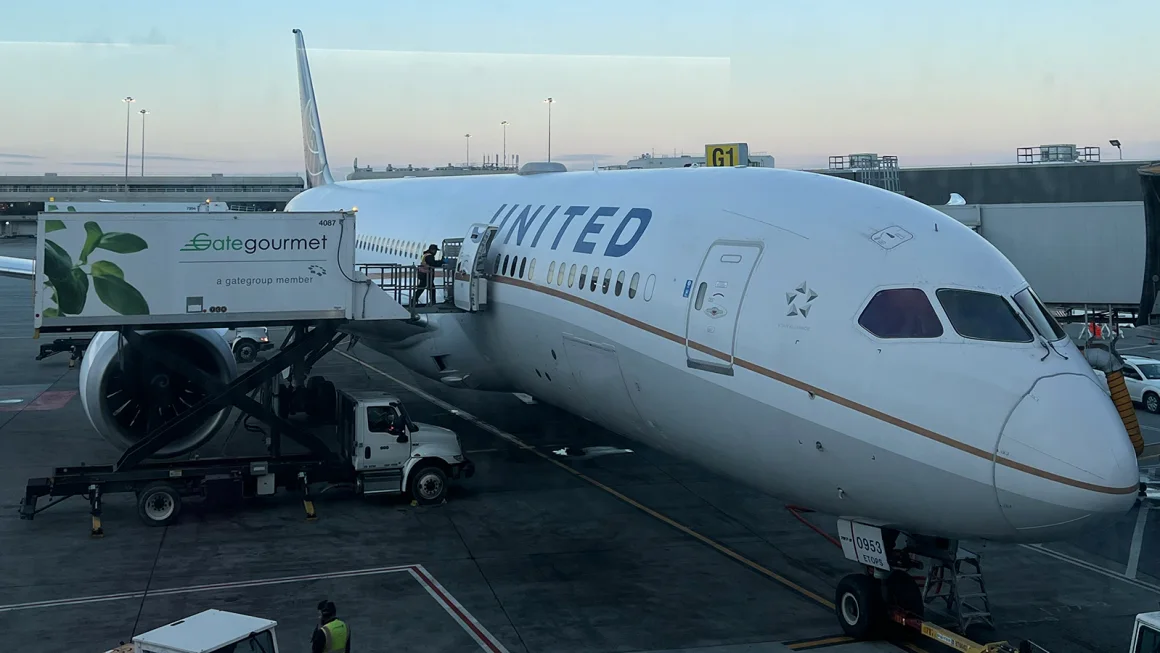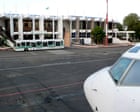The United States has unveiled a new strategy that replaces traditional aid-focused policies with a bold push for commercial diplomacy and long-term investment in a sweeping reorientation of its engagement with Sub-Saharan Africa.
The move announced by Massad Boulos, Senior Advisor for Africa at the U.S. State Department, signals a deliberate move toward fostering sustainable economic partnerships that benefit both American businesses and African markets.
“Our new strategy places commercial diplomacy at the core of our engagement by advocating for American companies, finding new commercial opportunities, and engaging with African governments on market reforms,” Boulos told reporters during a press briefing this week.
The new framework aims to promote U.S. private sector involvement in Africa’s growing economies, particularly in sectors such as energy, infrastructure, digital services, and agribusiness. It also reflects a wider shift within Washington to counter rising influence from geopolitical competitors like China and Russia, who have been expanding their foothold across Africa through aggressive investment and defense deals.
ALSO READ: Trump’s aid cuts blamed as food rations stopped for a million refugees in Uganda
The timing of the U.S. policy reset is notable. It follows years of criticism that American engagement in Africa has lagged behind Beijing’s resource-backed lending and Moscow’s opportunistic security alignments.
“This is not simply about competition,” said a senior State Department official, speaking on background. “It’s about recognizing Africa’s economic dynamism and repositioning ourselves as a genuine partner, not just a donor.”
Boulos emphasized that Washington’s efforts would go beyond trade missions and investment forums. The strategy will include policy dialogue on structural reforms, support for rule-of-law institutions, and efforts to improve the business environment across the continent.
A Shift in Security Posture
Coinciding with the economic overhaul is a recalibration of the U.S. military’s role in Africa. General Michael Langley, Commander of U.S. Africa Command (AFRICOM), reinforced that African nations must take the lead in securing their own territories.
During a high-level visit to Nairobi last week, Langley met with Kenyan defense officials and reaffirmed the U.S. commitment to partner nations. However, he made clear that Washington is reconsidering how and where it deploys its military resources.
“Our leadership is conducting a comprehensive review to improve alignment with U.S. policy and streamline effectiveness,” Langley said. “We continue to stand with our African partners, but we also believe regional solutions to security challenges are the most sustainable.”
Observers say this marks a departure from earlier counterterrorism-heavy engagements, especially in the Sahel, and a pivot toward supporting African-led coalitions and capacity-building programs.
Analysts caution that while the U.S. strategy is ambitious, it faces several hurdles. Africa’s diverse political systems, regulatory inconsistencies, and persistent governance issues pose challenges to rapid economic integration.
Nevertheless, African leaders have generally welcomed the announcement, seeing it as a sign that Washington is treating the continent as a strategic priority rather than a crisis zone.
“This could open a new chapter in U.S.-Africa relations,” said a senior African diplomat who requested anonymity. “But it must be backed by action, not just pronouncements.”




